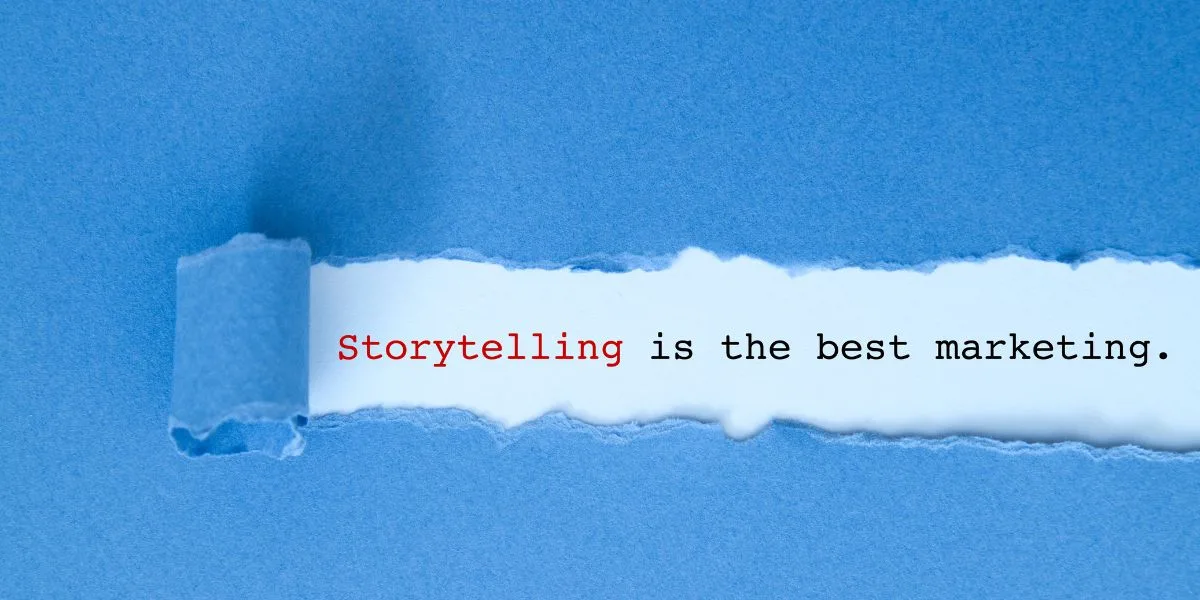Listen to this Article
In digital marketing, trends come, and trends go. Various strategies are subject to scrutiny and changes. In the past decades, blogging emerged as a powerful tool for businesses to establish an online presence, engage audiences, and drive traffic. However, as we navigate the shifts in marketing, the question arises: Is the digital marketing blog trend finally over? Let’s delve into the nuances of this question, exploring the evolution of blogging, its current relevance, and what the future might hold for this foundational marketing tool.
The Rise of Blogging
It is thought that the first blog was Links.net, created by Justin Hall, a Swarthmore College student, in 1994. Of course, it wasn’t called a blog yet, and it was more of a personal homepage. Since then, blogging’s prominence has been marked by its ability to provide businesses with a platform for storytelling, thought leadership, and organic reach.
Brands found a voice through blogs, connecting with their target audiences in meaningful ways. Search engines also favored regularly updated, high-quality content, making blogs a crucial component of SEO strategies. However, as marketing dynamics shifted, fueled by the rise of social media and other content marketing formats, the role of traditional blogs began to be questioned.
The Impact of Changing Trends
As social media, video content, and more visually engaging formats have emerged and become embraced, some question whether traditional written blogs are losing their appeal. Short-form content on platforms like Twitter, Instagram, and TikTok is gaining momentum, challenging the conventional wisdom that longer, more detailed content is essential for online success. Additionally, the demand for instant gratification and the rise of audio-visual content prompted businesses to explore alternative mediums. So the question remains – Are digital marketing blogs still relevant?
Current Realities of the Blogosphere
The marketing landscape will continue to change and become more diversified, signaling a shift from exclusive reliance on blogs. However, it would be premature to declare the end of the blogging era. Blogs are vital to a holistic content strategy, offering unique advantages. Search engines still value well-crafted, informative content, and blogs continue to contribute significantly to organic search visibility. Moreover, blogs are ideal for in-depth exploration of topics, establishing authority, and nurturing a loyal readership.
So, are digital marketing blogs a thing of the past? The statistics say no:
- 80% of internet users interact with both social media and blogs
- Websites with active blogs have 434% more indexed pages and 97% more inbound links
- Companies with blogs produce 67% more leads on average than companies without
- Businesses that blog get 55% more website visitors than those that don’t
The Resilience of Blogging
Rather than being erased by emerging trends, blogs have evolved to coexist. Businesses increasingly adopt a multichannel marketing approach, integrating blogs with video content, podcasts, and interactive elements. This adaptive strategy leverages the strengths of each format, providing audiences with a richer and more immersive experience. The ability of blogs to serve as a content hub, driving engagement and conversions, remains unparalleled.
Get More Clients Tracking YOU Down
Stop tracking prospects down – with the right marketing, motivated prospects will be chasing you! Get your free download for tips you can implement today and become a client acquisition magnet.
The Future of Blogging
Looking ahead, the future of blogging seems promising, albeit with continued evolution. Emerging technologies such as artificial intelligence may play a role in optimizing content creation and personalization, ensuring that blogs remain relevant in an era of increased user expectations. The integration of blogs into broader marketing strategies, complemented by a focus on quality and relevance, will likely define the success of blogging in the years to come.
Conclusion
In conclusion, marketing blogs aren’t dead, and the end of their value isn’t on the horizon either. Blogs have evolved, and users must create a more dynamic and immersive experience. Rather than viewing blogging as a trend in decline, businesses should recognize its resilience and ongoing relevance and adapt as necessary. The future of blogging lies in its ability to evolve, stay abreast of technological advancements and align with an ever-discerning audience’s preferences.










